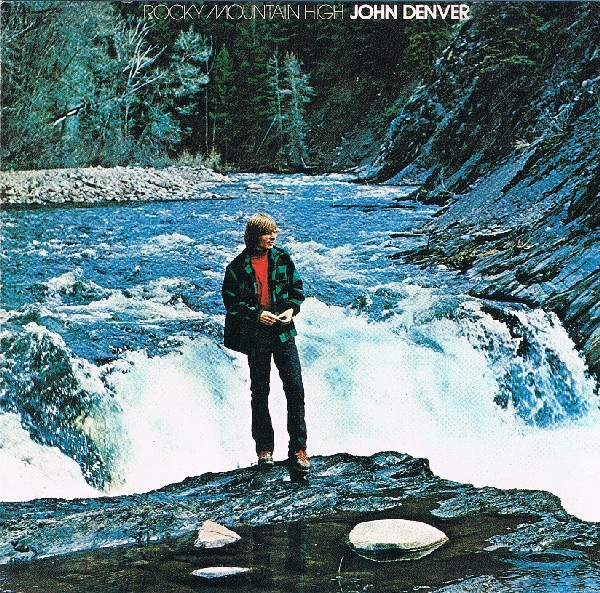The first few chords of John Denver’s ballad; Rocky Mountain High have a powerful way of evoking emotions that transport me to different places and memories of my late teens. The feeling is a deep, hollow ache, a sensation of missing someone or something, grieving a moment that can’t be reclaimed.
The day Rocky Mountain High was released, I didn’t hesitate. As a devoted John Denver fan, I bought the album the moment it hit the shelves. I played it on repeat for months, not fully realizing why it resonated so deeply with me. Looking back, I now understand: my mountain had always been a part of me.
In the winter, it was my playground, I skied its slopes, rode snowmobiles through the powder, and went sledding until my feet were numb and my cheeks were pink with cold. When the seasons turned, the mountain transformed. The air smelled of pine and earth, and the song of the Meadowlarks replaced the hush of snowfall. In spring and summer, I hiked to the waterfall, had picnics in wildflower meadows, and practiced archery in the crisp mountain air. The tall Aspen trees and towering Ponderosa pines stood silently in the background, ever-present, like old friends. That mountain and that music shaped who I am. It turns out, it was home. Without realizing it, my mountain had always been part of my story.
Now, when I hear those familiar chords of Rocky Mountain High, I understand why I was drawn to it so fiercely. John Denver wasn’t just singing about Colorado, he was singing about my memories, my joy, my mountain.
As it turns out, mountains are magical places. They are often seen as sites of spiritual elevation, places where individuals can find clarity, inspiration, and a deeper connection to something greater than themselves. Mountains symbolize strength, resilience, and the enduring human spirit. Their presence inspires us to rise above our challenges, just as they rise above the land.
According to the Adventure Tourism Blog, mountains are vital components of Earth’s water resources, climate systems, and cultural heritage. Protecting and conserving mountains is essential for maintaining the balance of our planet and ensuring the well-being of both nature and human communities.
As the summer season approaches, I find myself reflecting on just how deeply meaningful my experiences with the mountains, lakes, and oceans have been. Without fully understanding the power they held at the time, I was always drawn to these natural places, and I made sure to share them with my four children as often and as early as I could.
There’s a photo I treasure: I’m holding my eldest as a tiny infant, bundled up against the cold, surrounded by towering snowbanks at the base of the Snowy Range with Mirror Lake in the background. Years later, I remember my toddlers walking barefoot through icy mountain streams in the hills of Southern California, squealing with surprise and delight.
These places were more than just beautiful backdrops, they were teachers, sanctuaries, and playgrounds. And looking back, I see how they shaped both me and my children in quiet, lasting ways.
The phrase Rocky Mountain High is often used to describe the sense of euphoria that comes from being surrounded by the beauty of the mountains. For me, it’s more than a song, it’s a feeling I’ve known my whole life. It’s the joy, peace, and deep connection I’ve found in nature, and the gift I’ve been able to share with my children. That’s the true high the mountains give.



Write a Letter to the Editor on this Article
We encourage readers to offer their point of view on this article by submitting the following form. Editing is sometimes necessary and is done at the discretion of the editorial staff.